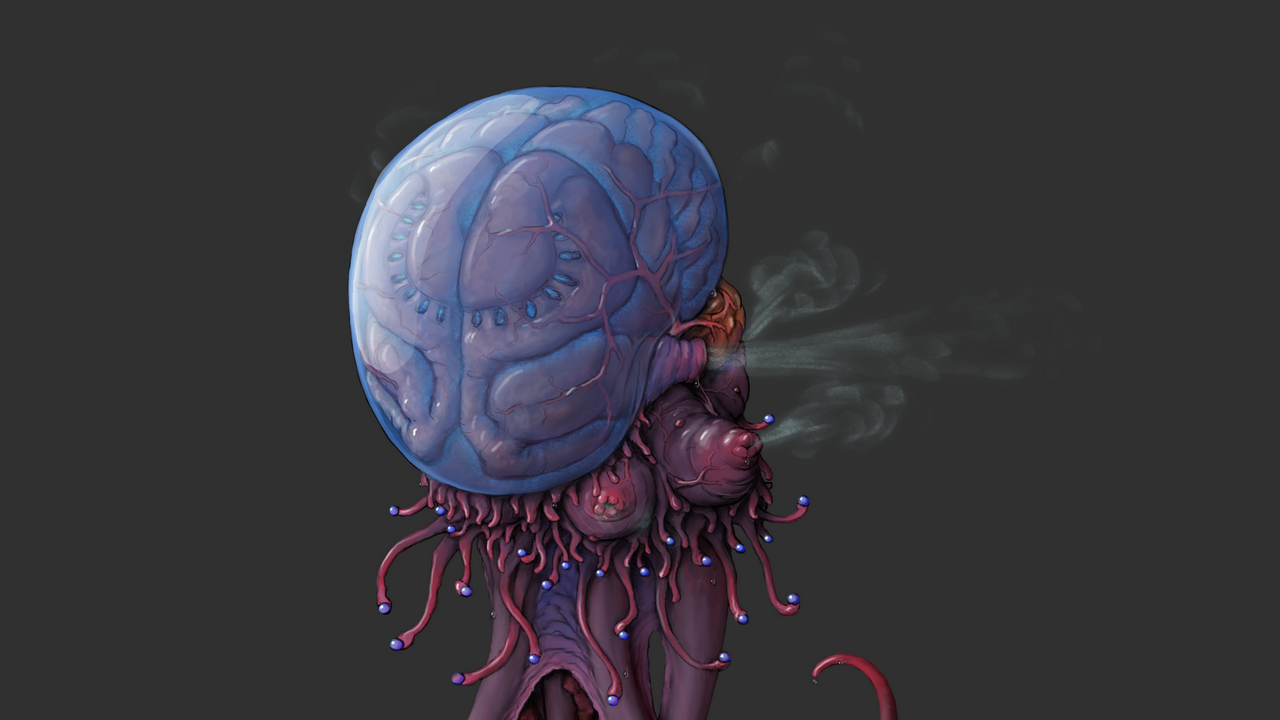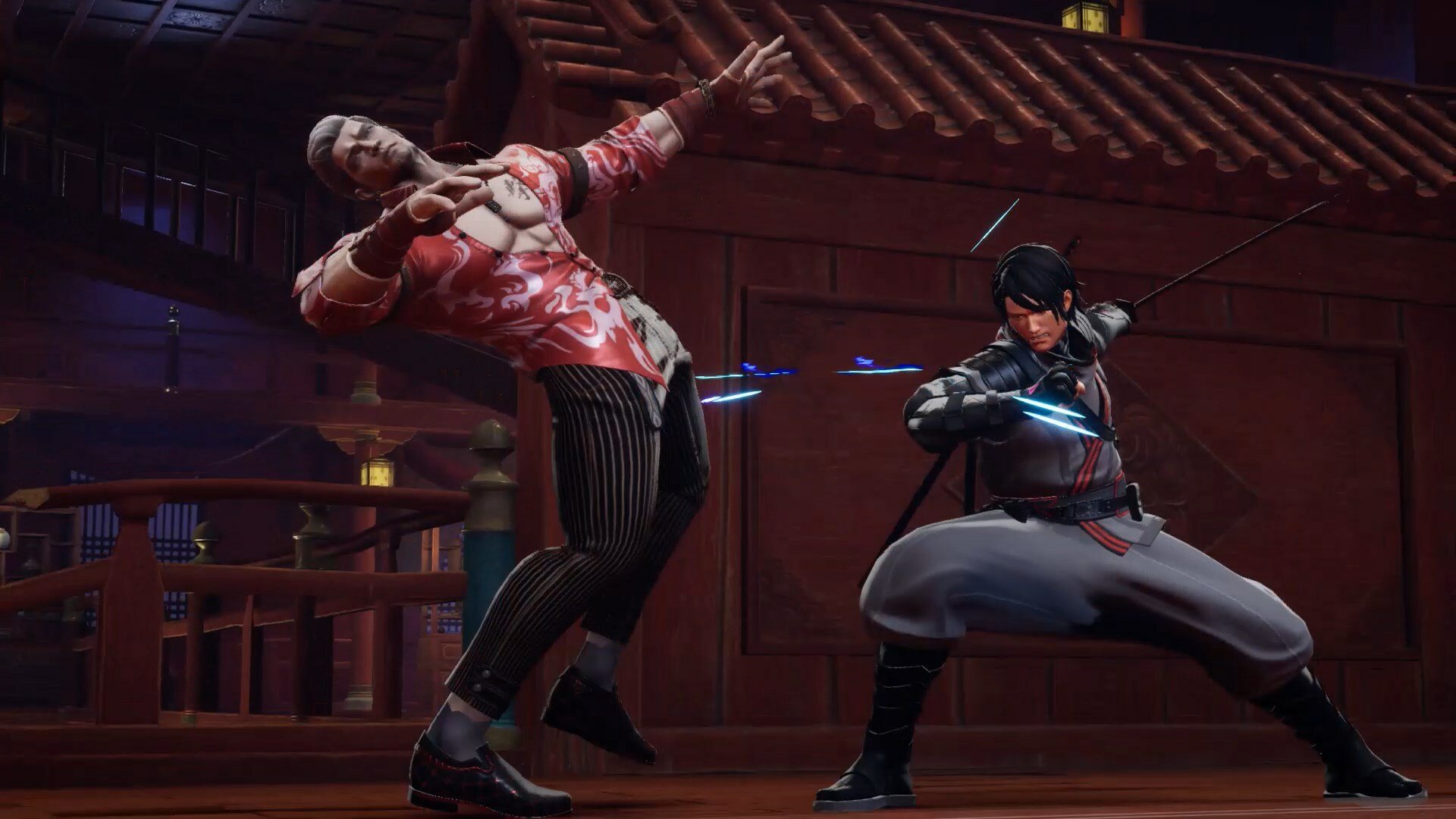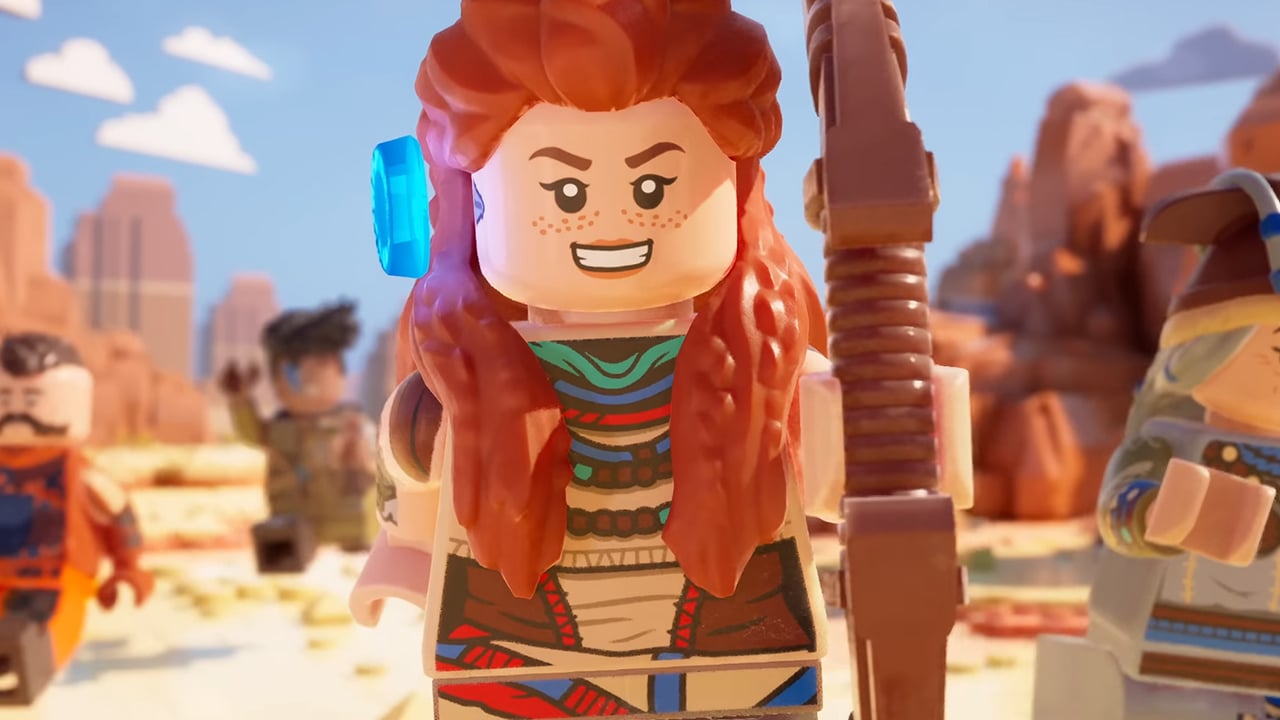A few days ago, NVIDIA finally launched RTX IO. The graphics processor-based decompression technology was first announced in 2020 alongside the RTX 30 series graphics cards, but it debuted only this week with the unexpected release of Portal: Prelude RTX.
With RTX IO, games can offload the work of ”dozens of CPU cores” to the graphics processor, which performs such work much faster. This is part of a larger change in how various hardware components access game data.
In traditional input/output, assets are sent from the hard drive to the CPU, unpacked via system memory, and then passed on to the graphics processor. However, the increasing size of assets in recent games and the bottlenecks between the CPU and RAM make this system far from ideal, especially now that computers are equipped with NVMe solid-state drives.
RTX IO increases input/output bandwidth by delivering compressed data directly to the graphics processor with minimal placement in system memory. The graphics card unpacks the data using the open compression standard GDeflate. This process achieves high throughput and frees up the CPU for other processes.
In its announcement, NVIDIA focused on faster texture loading times and reduced disk space thanks to RTX IO. For example, in the slide below, NVIDIA highlighted a 5x faster texture loading time with RTX IO and 44% less disk space usage in Portal: Prelude RTX.
However, considering the aforementioned CPU offloading, it can be assumed that RTX IO may help reduce stuttering. Indeed, NVIDIA shared a statement regarding this:
RTX IO can be a technology that helps improve stuttering by reducing CPU dependency during texture and geometry loading and freeing it up for other tasks.
Any help in combating the horrible stuttering that many recent PC game releases suffer from is more than welcome. Unfortunately, Portal: Prelude RTX is not quite the suitable game to test such potential. Being a remaster of an old mod for RTX, it loads just like the original Portal: Prelude, only slightly faster with RTX IO.
Next week, Insomniac and Nixxes will release Ratchet & Clank: Rift Apart on PC. It will be the first game to support DirectStorage 1.2 with graphics processor-based decompression, utilizing RTX IO with the latest Game Ready driver.
Ratchet & Clank: Rift Apart was developed for PlayStation 5, which also has a radically redesigned storage architecture with the same goals. This could be the perfect game to test whether NVIDIA’s new technology can truly help reduce stuttering.
Original from www.playground.ru rnrn





















